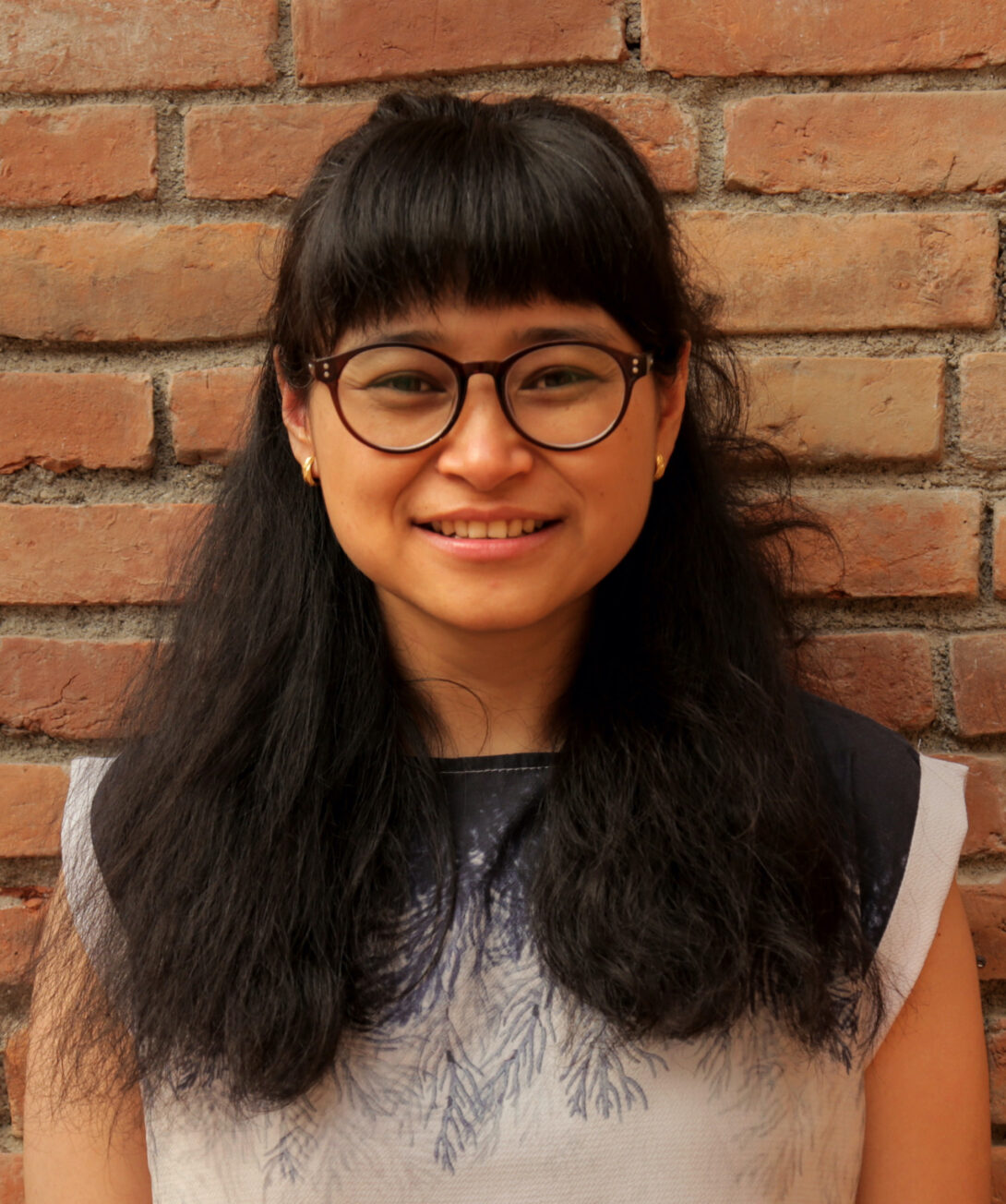Resident Graduate Scholars
We are delighted to introduce the 2023-2024 Resident Graduate Scholars at the UIC Institute for the Humanities.
The Institute's Resident Graduate Scholars receive competitive one-year appointments, during which they receive office space and other resources to complete their dissertations, which are deemed as important contributions to the humanities.
Resident Graduate Scholars join the vibrant community of scholars at the Institute. Each will present a chapter of ongoing research as part of the Interdisciplinary Dissertation Workshop series.
Scroll down the page for links to past years' Graduate Resident Scholars.
Shilpa Menon, Department of Anthropology Heading link

“‘You Can’t Feed Us, But You Will Count Us’: Transgender Politics and State Power in South India”
Shilpa Menon’s ethnographic dissertation project locates itself at a time (2014-2023) of unprecedented legal victories and social protections for LGBTQ+ Indians, marking an uneven shift from criminalization to recognition as a site of state intervention. The project, set in Kerala, south India, shows how transgender people interrupt state attempts to set up “transgender” as a monolithic legal and welfare category by tracing how they move between a range of state-recognized subject positions—as welfare-seekers, migrants, sex workers, gendered entrepreneurs, and oppressed-caste people. Trans politics, it argues, holds valuable lessons for understanding, and at times resisting, the ways in which neoliberal logics shape the postcolonial welfare state, especially through the appropriation of identity politics.
Dipti Sherchan, Department of Anthropology Heading link

“The Contested Academy and Proliferating Modernities: The Art of Nation Building in Nepal”
In “The Contested Academy and Proliferating Modernities: The Art of Nation Building in Nepal,” Dipti Sherchan examines contestations between artist-subjects and the nation-state over competing imaginaries of what it means to be modern that proliferate over time. These proliferations are emergent in the shifting cultural projects of nation building as the Nepali state undergoes socio-political transitions from aristocracy to monarchy to a newly federal republic. This anthropological work engages with an interdisciplinary analytical framework that investigates complex artistic and institutional articulations from the Global South. This research is based on long-term ethnographic and archival research conducted between 2018-2022 in Kathmandu.